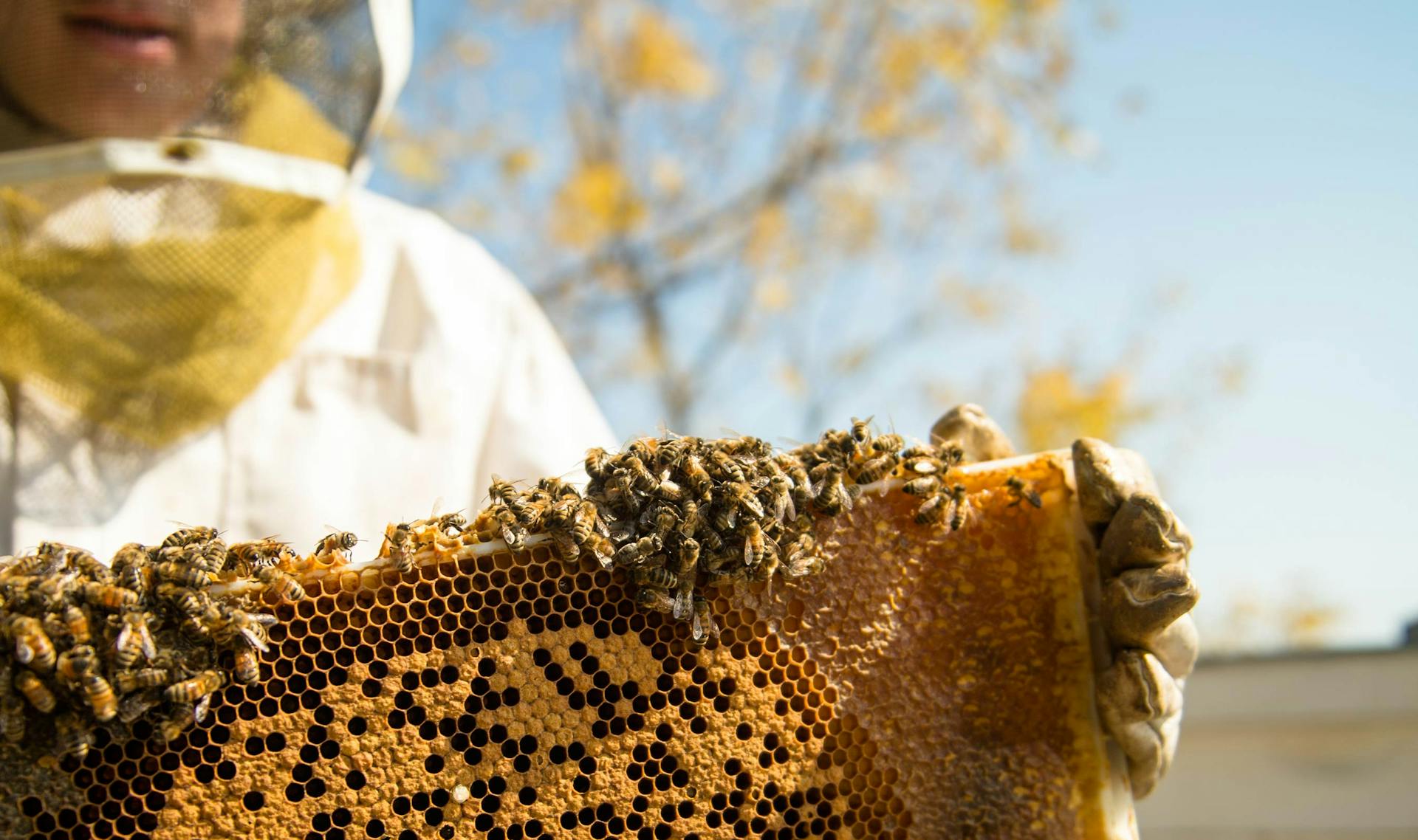- Organic Valley
- Organic Prairie
- Protect Your Food
- Shop Merch
- Organic Valley
- Organic Prairie
- Protect Your Food
- Shop Merch


Five Reasons to Eat Organic
There are far more than five reasons why you should eat organic. But these are our top five reasons why eating organic benefits you.

01
Because leaving out the bad stuff makes more room for the good stuff.
Research shows that organic foods are higher in antioxidants and other nutrients, like omega-3 and CLA essential fatty acids. And organic crops have been shown to contain significantly less concentrations of cadmium—a toxic metal on par with lead and mercury. Organic food really is better for you. And it tastes better too.
Read more

02
Because chemicals are bad for you.
Organic farmers use sustainable methods of pest-control. Non-organic farms use toxic pesticides and herbicides. These chemicals are really harmful to wildlife and human health, contaminating our food, air, and water, and accumulating in our cells. Organic farming practices, however, strictly forbids the use of these chemicals—making bees happier and food more nutritious.
Read more

03
Because our cows and kids should grow at their own pace.
Because our cows and kids should grow at their own pace.
Read more

04
Because antibiotic-resistant infections are very real.
When non-organic farmers feed their animals antibiotics to keep them from getting sick, they kill many of the pathogens—but not all of them. The germs that survive go on to reproduce, leading to antibiotic-resistant infections that pose a real threat to animals and people alike. Instead of relying on antibiotics, our organic farmers use natural holistic measures to promote and maintain animal health—keeping everyone healthier in the process.
Read more

05
Because we’ve all heard “GMOs are bad,” but do you know why?
That’s because genetically engineered crops are a relatively recent invention with potentially harmful impacts on the ecosystem and on human and animal health. We still don’t know a lot about them and organic standards forbid the use of genetically engineered seeds or animals—including clones.
Read more
We use cookies to ensure you get the best experience on our website. Read our Privacy Policy.










